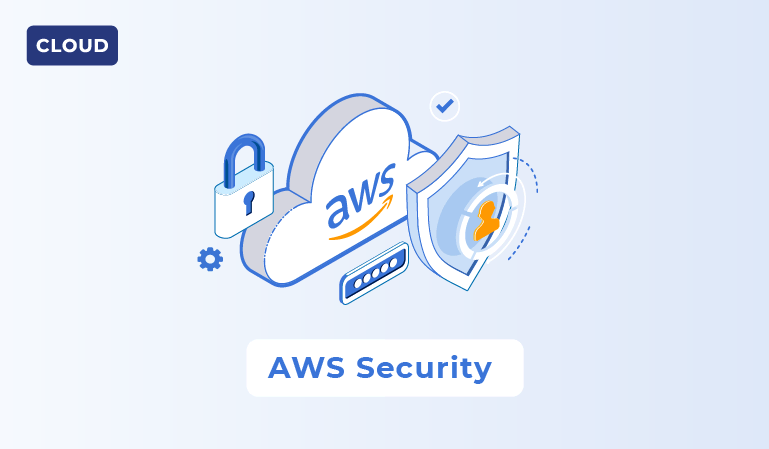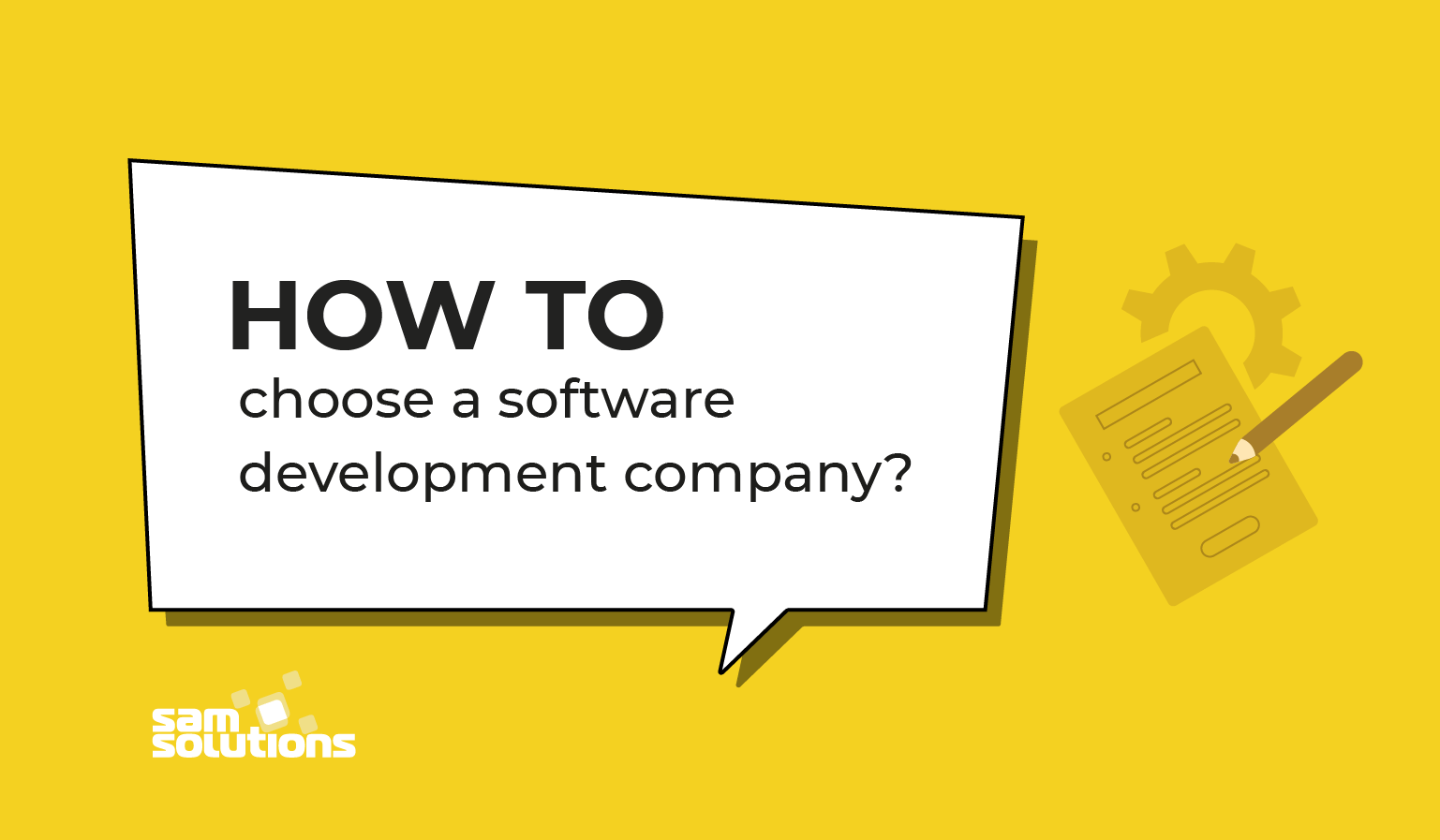
AWS security refers to the wide range of qualities, tools, and features that make the public cloud service provider secure. Security protocols are built into the AWS cloud infrastructure, giving AWS an advantage over traditional security setups. Infrastructure-based features include tools for increasing privacy and controlling network access such as firewalls, connectivity options, and DDoS mitigation, as well as automatic encryption for all pieces of data. The primary benefits of AWS security include the ability to control where data is stored, as well as who can access the data. AWS combines access controls with continuous monitoring to ensure every piece of an organization’s information is safe. In addition, security services reduce human configuration errors by automating security tasks.
AWS regularly receives third-party evaluations to ensure that it meets global compliance requirements. To that same end, AWS security systems provide continuous monitoring of frequently changing regulatory requirements to help organizations meet security and compliance standards across a multitude of industries. The various security tools offered by AWS include features like multi-factor authentication and single sign-on, giving organizations the capability to define, enforce, and manage user access across multiple services.
Data encryption provides an added layer of security for an organization’s data in the cloud. To do so, AWS offers data encryption features like data at rest encryption capabilities, flexible key management, dedicated hardware based cryptographic key storage and encrypted message queues. AWS also provides monitoring and logging tools to allow organizations full view of what is happening on their shared infrastructure with services like Cloudtrail, Cloudwatch, and GuardDuty.
To help organizations and business enterprises alike ensure security for all data and processes, AWS security processes operate under a shared security responsibility model. This provides the flexibility and agility necessary to successfully implement security controls with cost-saving benefits for the user. AWS assumes the responsibility for the security of the cloud infrastructure such as hardware, virtualization technology and the physical security of their data centers, while the organization assumes the responsibility for the security of its individual workloads.
As a part of its full-scale security program, Amazon offers a wide range of security tools to ensure peace of mind. Critical AWS tools for security include:
- AWS Security Hub
- Amazon Cloud Directory
- AWS Identity and Access Management
- Amazon GuardDuty
- Amazon Inspector
- Amazon Macie
- AWS Artifact
- AWS Certificate Manager
- AWS CloudHSM
- AWS Directory Service
- AWS Firewall Manager
- AWS Key Management Service
- AWS Organizations
- AWS Secrets Manager
- AWS Shield
- AWS Single Sign-On
- AWS WAF
AWS Security Hub
AWS Security Hub provides an in-depth dashboard with a view of the various security alerts ongoing across AWS services. Using this hub can help an organization save time while collecting and prioritizing security findings. The hub also conducts automatic security risk and quickly takes the necessary mitigation actions.
Amazon Cloud Directory
Amazon Cloud Directory enables organizations to build flexible cloud-native directions for organizing hierarchies of data. Unlike other directories, the Amazon Cloud Directory provides the flexibility to create directories with hierarchies that span multiple dimensions.
AWS Identity and Access Management
AWS Identity and Access Management defines individual user accounts with permissions across AWS resources. It can also be used to grant employees and applications additional access as they become necessary.
Amazon GuardDuty
As a managed threat detection service, Amazon GuardDuty continuously monitors for malicious activity and unauthorized behavior. With Guard duty, organizations can protect multiple types of data within Amazon S3. With full integration via CloudWatch events, organizations can combine workflows for seamless monitoring.
Amazon Inspector
Amazon Inspector is an automated security service that helps organizations assess and improve the security and compliance of multiple applications. Assess a wide variety of applications for exposure, vulnerability, and deviations from established security-related best practices.
Amazon Macie
Amazon Macie functions as a data security service as well as a fully managed privacy service. With full use of machine learning and pattern matching, Macie enables organizations to discover their most important data, and manage it moving forward. Supremely easy to set up, Macie helps organizations protect and discover at scale.
AWS Artifact
A self-service operated primary resource for compliance information, AWS Artifact provides on demand access to AWS security information and compliance reports. Here, businesses can access Service Organization Control, Payment Card Industry, and other reports, in addition to non-disclosure agreements.
AWS Certificate Manager
AWS Certificate Manager enables organizations to deploy and manage both public and private security certificates. Security sockets layer/transport layer security certificates, also known as SSL/TLS certificates, can be accessed by AWS certificate managers to reduce the amount of time spent on the upload or renewal process.
AWS CloudHSM
AWS CloudHSM functions as a cloud-based hardware security module, or HSM. With CloudHSM, organizations can both generate and continue to use unique encryption keys across AWS cloud services, maintaining regulatory compliance.
AWS Directory Service
AWS Directory Service enables organizations to integrate and federate with corporate directories to reduce administrative overhead and improve end-user experience. With Directory Service, organizations can use Microsoft AD to shift the entire active directory to the AWS cloud.
AWS Firewall Manager
The AWS Firewall Manager security management service enables organizations to develop and maintain firewall rules across AWS services within AWS Organizations. This service makes the process of reaching compliance with all applications and resources as seamless as possible by enforcing firewall rules throughout.
AWS Key Management Service
AWS Key Management Service (KMS) enables organizations to easily create a set of chosen keys for encryption. Then, specifically designed hardware encryption nodules provide superior key protection.
AWS Organizations
AWS Organizations provides organizations with a single, centrally managed place to create AWS accounts, control resources, group accounts, establish shared workflows, and govern all other account aspects. With Organizations, organizations can integrate this account governance with other AWS services to simplify billing, define audit parameters, employ security protocols, and more.
AWS Secrets Manager
AWS Secrets Manager helps organizations to protect a wide variety of secrets, such as access to applications, services, and IT resources. It can easily rotate, manage, and retrieve database credentials, API keys and other types of secrets so employees and other secret holders do not need to enter proprietary data.
AWS Shield
AWS Shield functions as a fully managed DDoS, or distributed denial of service, protection feature. This feature not only implements safeguards to protect applications running on AWS, but it can also detect and provide automatic solutions for issues that can cause extended downtime and runtime latencies.
AWS Single Sign-On
AWS Single Sign-On (SSO) is a central governance tool to help organize and manage access across all AWS Organization accounts. The tool extends user permissions to other cloud accounts on an automatic basis, without the need for extensive setup and authentication for applications like Salesforce and Microsoft 365.
AWS WAF
AWS Web Application Firewall, or WAF, helps an organization protect both APIs and web applications against common threats. In addition to bots and known web exploits, the firewall can help mitigate availability issues, minimize resource consumption, and avoid security compromises.


